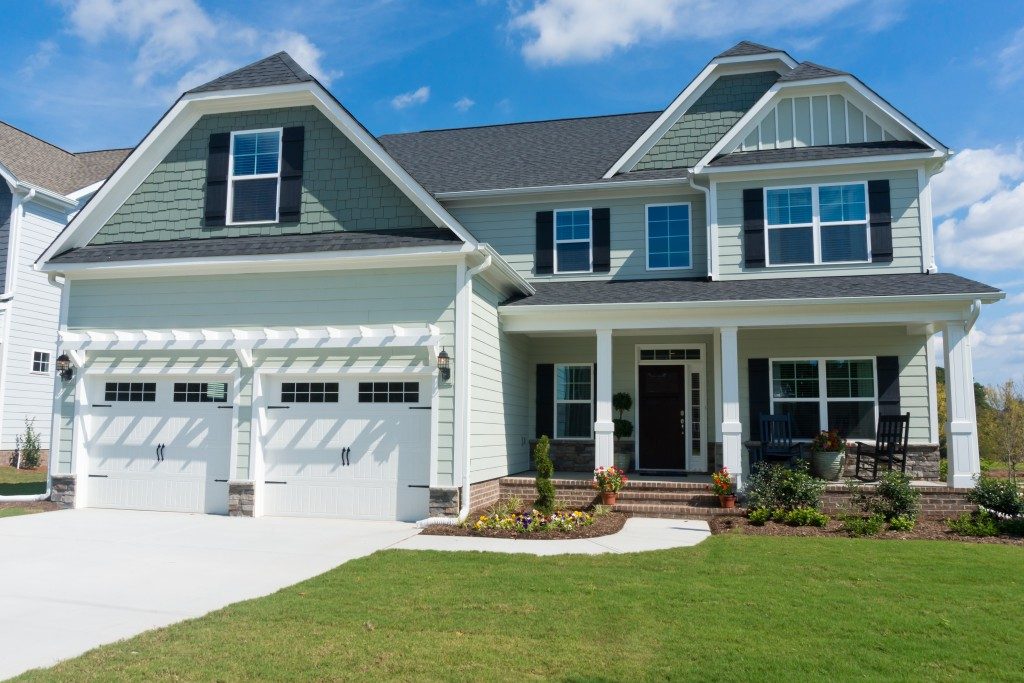Home is perhaps the first place that pops into your head when thinking about the safest place for your loved one who has dementia. It’s a familiar place. It’s a comfortable space. It may even be the very thing that could help in recollecting or retaining memories. But if you look at your home closely, you would, for sure, spot hazards here and there. With a misplaced rug here, dim lighting there. The best way to start making your home dementia-friendly is to anticipate the risks. With hazards identified, you’ll be able to know which changes should happen.
To prevent slips and falls
People with dementia are prone to these physical injuries. For one, remember that their memory is failing. There will be instances when even after telling them they shouldn’t get up from the chair without someone assisting them, they would precisely because they can’t remember that instruction anymore. But you also have to take note that it’s not only the cognitive faculties that are slowly declining in your loved one’s health. Their physical well-being can be impaired, too. In fact, according to research, balance problems set in even before memory fails. So what do you do to keep your loved one from fatal injuries from slips and falls? Clear your floors and pathways. Get rid of clutter. Tape down the area rugs or if possible, remove them completely. Install grab rails or poles near the areas they frequent, say, their bed, favourite couch, toilets, and shower room.
To prevent wandering

Like falls, wandering happens for many reasons. Your loved one may be looking for something or someone. Sometimes, they search for family members to feel reassured that they’re safe. Other times, they’re plainly trying to find the bathroom or the kitchen to take a pee or drink. It’s also possible that they’re going back to past routines, say, going to the office or buying groceries. Given these reasons, the first step in preventing wandering is to install night lights to reduce their confusion whenever they need to find something or someone. Pay attention to exits in your home, beyond your front door. Garage doors should be kept closed at all times. Unsurprisingly, these are often overlooked. What with parking the car, unloading groceries, getting the kids out, it can really be easily forgotten. Keep your opener device close to avoid this. Of course, make sure that it functions well. If you needa garage door remote service, Cairns-based specialists can help you.
To prevent disorientation
The changes in the brain of your loved one, which causes the memory fails, can trigger disorientation. Too often, they get confused about what time it is and where they are. For sure, you notice how they grow restless when dusk falls when their surroundings change. To prevent this, pay attention to the lighting in your home. Turn on the ambient light as the day closes. Close the curtains so your loved one won’t see the shadows outside. Doctors also recommend using lightboxes that have full-spectrum lights, as these can reduce agitation, even depression.
Is Your Home Dementia-Friendly?
Evaluate your home and see if it’s really safe for your aging loved one. Pay attention to possible health and safety risks, so you can make the necessary changes.

